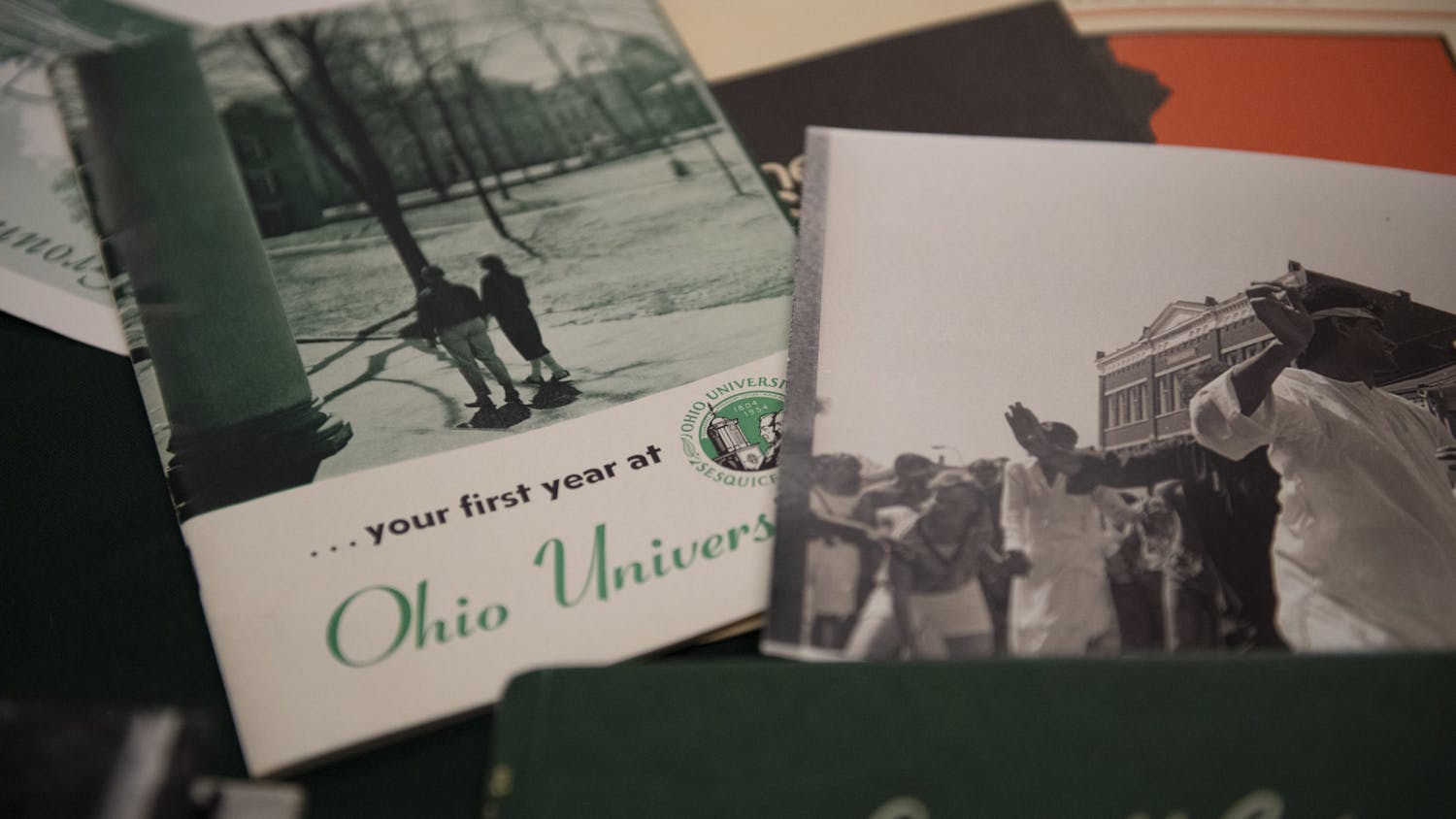Editor’s note: Because Delfin Bautista does not identify with one gender, the non-gendered pronoun “they” is used.
Amid a discrepancy between a U.S. Supreme Court ruling and the Ohio Constitution regarding benefits to same-sex marriage and domestic partnerships, county officials throughout the state are having a tough time figuring out which laws to follow.
But, for those living in a domestic partnership, it isn’t nearly as complicated.
“Counties are struggling trying to implement these decisions and reconcile them,” said Suzanne Dulaney, County Commissioners Association of Ohio executive director.
Until county officials throughout the state can figure that out, they are being told to recognize same-sex couples who were legally married in another state but live in Ohio.
When the U.S. Supreme Court struck down Section 3 of the Defense of Marriage Act in U.S. v. Windsor in June, it prevented the federal government from limiting the definition of marriage as between a man and a woman — but not the state.
“In light of … the Windsor decision, it appears that (the County Employees Benefits Consortium of Ohio, a health care and benefits division for each of Ohio’s counties) must offer coverage to same-sex spouses who are legally married under any state law, even if they currently reside in Ohio,” said Athens County Commissioner Lenny Eliason in an email.
The County Commissioners Association of Ohio has sought a legal opinion on sorting out some of these concerns and will be meeting Nov. 8, Dulaney said.
For same-sex couples who live together long-term or are in domestic partnerships, this might come into play when deciding whether to travel across state boundaries in order to tie the knot.
Delfin Bautista, director of Ohio University’s LGBT Center, is currently in what Bautista defines as a domestic partnership. Bautista’s partner, Jason Hernandez, has traveled with Bautista throughout academic studies and professional work.
Bautista said in previous places where they lived, such as Washington, D.C., and Connecticut, the two could have gotten legally married. However, at the time, the marriage wouldn’t have carried over to Ohio, or other states where the two could have moved.
“At the end of the day, it’s just a piece of paper,” Bautista said. “But that piece of paper does grant access to rights and benefits that you don’t have access to.”
Bautista said the real change will come with a nationwide removal of gay marriage bans. In a July 2013 poll, three quarters of Americans said legalization of gay marriage is “inevitable,” according to The Pew Research Center.
At Ohio University, Bautista and Hernandez filed for a domestic partnership, which allows them to receive similar benefits to those of a legally married couple.
The filing, Bautista said, requires a few extra fees and a few more hoops to jump through.
Yet for some, filing for benefits through the university isn’t a logical conclusion.
Andrew Stuart, an assistant head of reference at Alden Library, and his partner, Harvey Ballard, an associate professor of environmental and plant biology, have been together for 28 years. Because they both work at the university, it would be more costly to file as domestic partners in terms of tax disadvantages.
“We’ve done the necessary legal work to make sure all of our issues are covered,” Stuart said.
Both Stuart and Bautista said they felt their partnerships were, in general, accepted by the Athens community.
“I really think the university is, as a whole, fairly accepting,” Stuart said. “I think Athens is probably one of the most progressive areas in Southeast Ohio.”
Ohio Attorney General Mike DeWine declined to comment.
eb104010@ohiou.edu
@EmilyMBamforth
ld311710@ohiou.edu
@LucasDaprile





